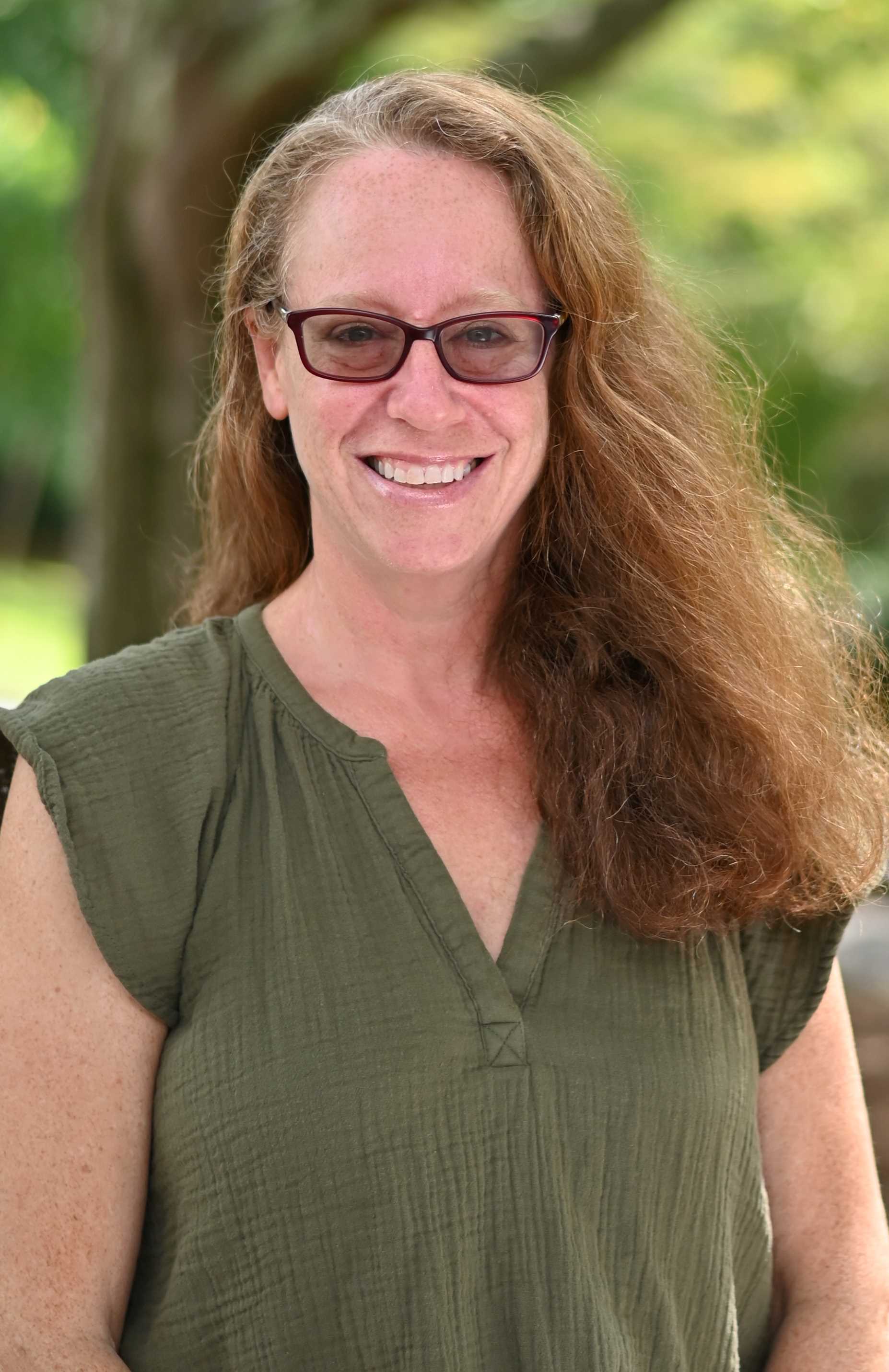Design, Create, Innovate: Developing Your Makerspace Programs
,
Colorado Convention Center, Bluebird Ballroom Lobby, Table 1
Presenters

Session description
Purpose & objective
The purpose of my proposal is to showcase the innovative programs run out of our school's Innovation Space and provide participants with practical insights and strategies for fostering creativity, problem-solving, and innovation in educational settings.
Participants will gain an understanding of how innovative design principles can be integrated into educational programs. They will learn how to encourage students to explore, experiment, and innovate. Attendees will also learn techniques for empowering students to take ownership of their learning.
The presentation will describe models of student-led learning, design thinking, and problem-based learning that have proven successful in the Innovation Space. These models emphasize active student participation and creativity in learning.
Specific examples of activities and lessons for the various programs will be provided.
The presentation will provide evidence of success with anecdotes and videos from students.
Outline
Content in the poster session will include visual infographics about specific programs, as well as examples of activities and lessons completed in each one.
Maker Mornings - Each morning before school the Innovation Space is open for a specific grade level. On the designated day, students have open lab time to explore new technology or concepts or work on an ongoing project.
Recess Workshops - Workshops are based on student interest in a specific technology. Each week, it is advertised what will be introduced (for example: Makey Makey), and students sign up for a 2 day workshop to learn, explore, and create with the tool.
MS Design Squad - In this middle school elective, students learn about the design thinking process and are presented with challenges to design for others. We look to our closest community (younger classes for example), we make connections with the broader community (e.g. local hospitals), and we explore global challenges. Through research and empathy, students are encouraged to define a problem, ideate solutions and create and test prototypes.
Tinkering Tuesdays - Each week a preschool class visits the Innovation Space to explore and tinker. Students are introduced to early coding skills, as well as presented with STEAM challenges to promote problem-solving and critical thinking.
Supporting research
Creative Confidence by David Kelley
Innovate Inside the Box by Dave Couros
Session specifications
Computational Thinker
- Students understand how automation works and use algorithmic thinking to develop a sequence of steps to create and test automated solutions.
- Students understand the fundamental concepts of technology operations, demonstrate the ability to choose, use and troubleshoot current technologies and are able to transfer their knowledge to explore emerging technologies.
- Students select and use digital tools to plan and manage a design process that considers design constraints and calculated risks.
 Return
Return Participate and share: Poster
Participate and share: Poster  Trips and Tours
Trips and Tours